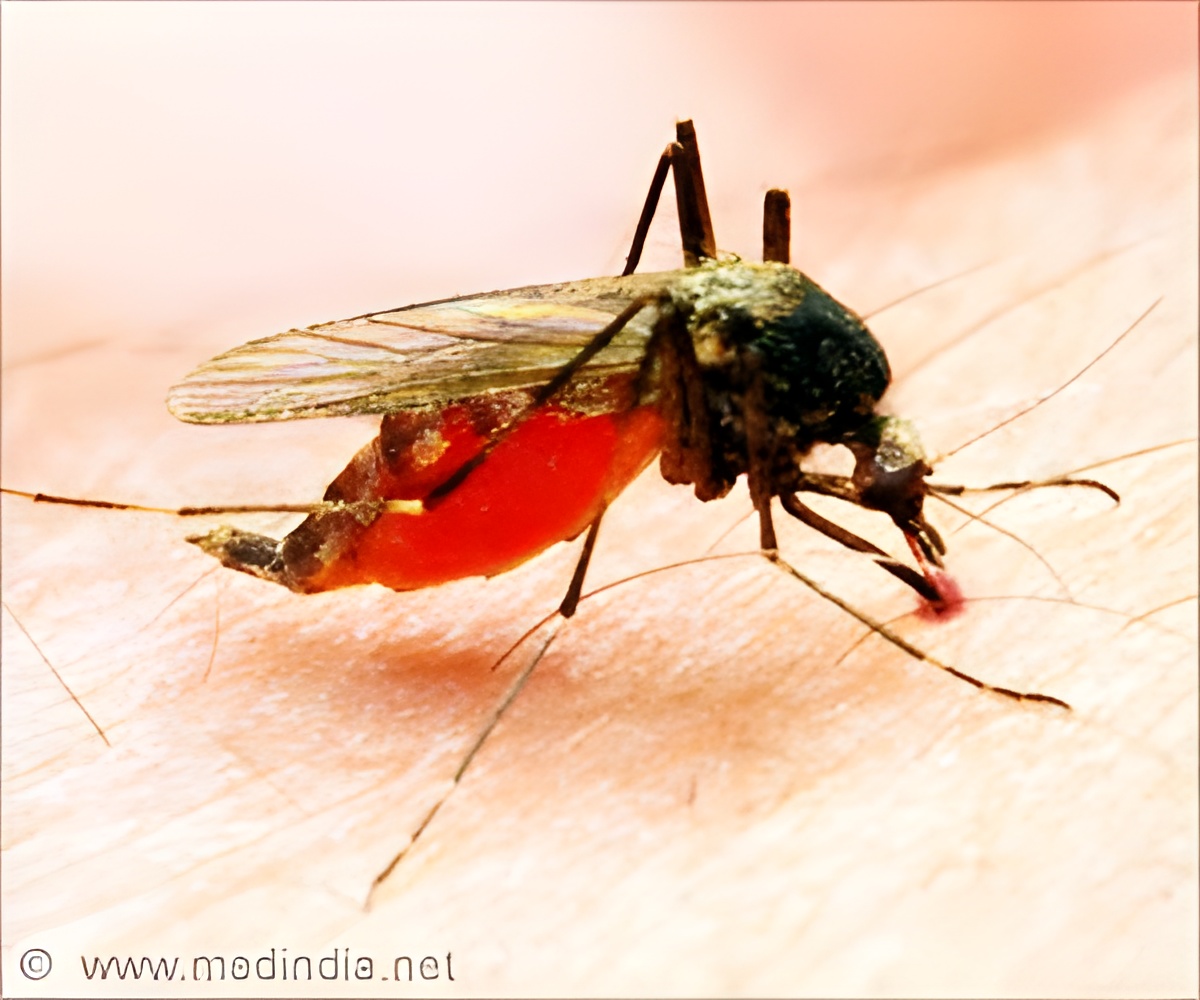Doctors in Delhi have observed a sharp rise in dengue cases (1✔ ✔Trustworthy source
Dengue and severe dengue
), as well as swine flu and chikungunya infections. According to a report by the Municipal Corporation of Delhi (MCD), the region reported 401 new infections between September 22 and 28. Delhi recorded 1,052 dengue cases till September 28, the report said, with south Delhi area recording the highest number of cases, followed by Najafgarh area. “Cases of dengue and swine flu have been increasing steadily over the past few weeks. Currently, we are witnessing around 100 patients daily presenting with symptoms like fever, body aches and fatigue,” Dr Sharang Sachdeva, senior consultant and head of emergency at Aakash Healthcare, told IANS.
Delhi’s triple threat: Overlapping infections pose serious risk
“Of these, “Between 20 and 25 percent are diagnosed with dengue, while 10 to 15 percent are diagnosed with swine flu, indicating a worrying overlap of multiple infections during this period,” he added. One dengue-related death has been reported so far this year: a 54-year-old patient who succumbed to the disease at Lok Kalyan Hospital. Last year, 19 dengue deaths were reported in the national capital.
“The season is favorable for mosquito breeding, so there could be few peaks of vector-borne diseases like dengue and chikungunya,” Dr Harshal R Salve, additional professor, Center for Community Medicine, AIIMS, told IANS. , New Delhi.
High fever, body aches, rapid breathing, vomiting, restlessness, loss of appetite, abdominal pain, skin rashes and fatigue are the main symptoms of dengue. Meanwhile, the MCD data also shows a marked increase in malaria (67) and chikungunya (13) cases in the period from September 22 to 28. Around 430 cases of malaria have been recorded as of September 28 this year, compared to 321 cases during the same period in 2023. Chikungunya cases have also increased, with 55 cases reported this year in the same period, compared to 24 in the corresponding period last year. .
Diagnosis of these diseases is a major problem due to the common symptoms. The symptoms of swine flu (H1N1) closely resemble those of other viral infections and generally present as high fever, sore throat, cough, fatigue, headache, muscle aches, and nasal congestion.
Advertisement
“Patients also often complain of headaches, body aches, general malaise, and gastritis-like symptoms. These symptoms are common to influenza type A, type B, and swine flu, as well as other viral illnesses.” Dr Prashant Sinha, Senior Consultant, Head of Emergency, PSRI Hospital, told IANS. The hospital treats between 20 and 25 dengue patients daily. Similarly, dengue and viral fever also start with comparable symptoms such as high fever, body aches, and fatigue.
“However, as dengue progresses, different signs begin to emerge, including severe headaches, pain behind the eyes, joint and muscle pain, and skin rashes. In more severe cases of dengue, bleeding from the nose, gums or easy bruising may occur,” Sachdeva said. Salve noted that most illnesses are self-limiting and stated that fever should be treated with paracetamol, although he added that “the use of aspirin should be strictly avoided.” The doctor also called for maintaining adequate hydration.
Advertisement
Reference:
- Dengue and severe dengue – (https://www.who.int/news-room/fact-sheets/detail/dengue-and-severe-dengue)
Source-IANS
